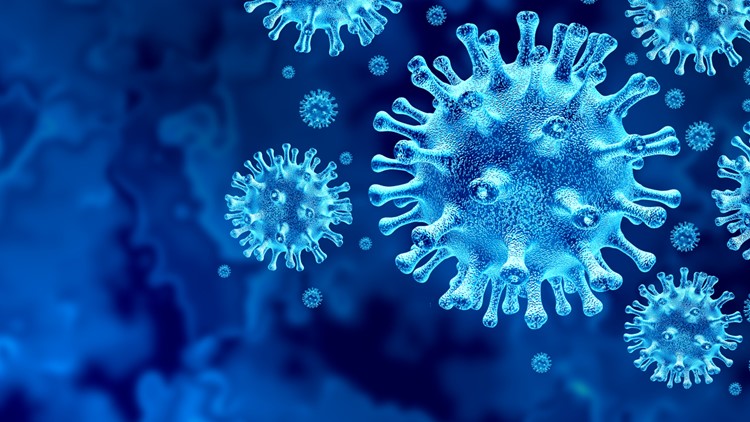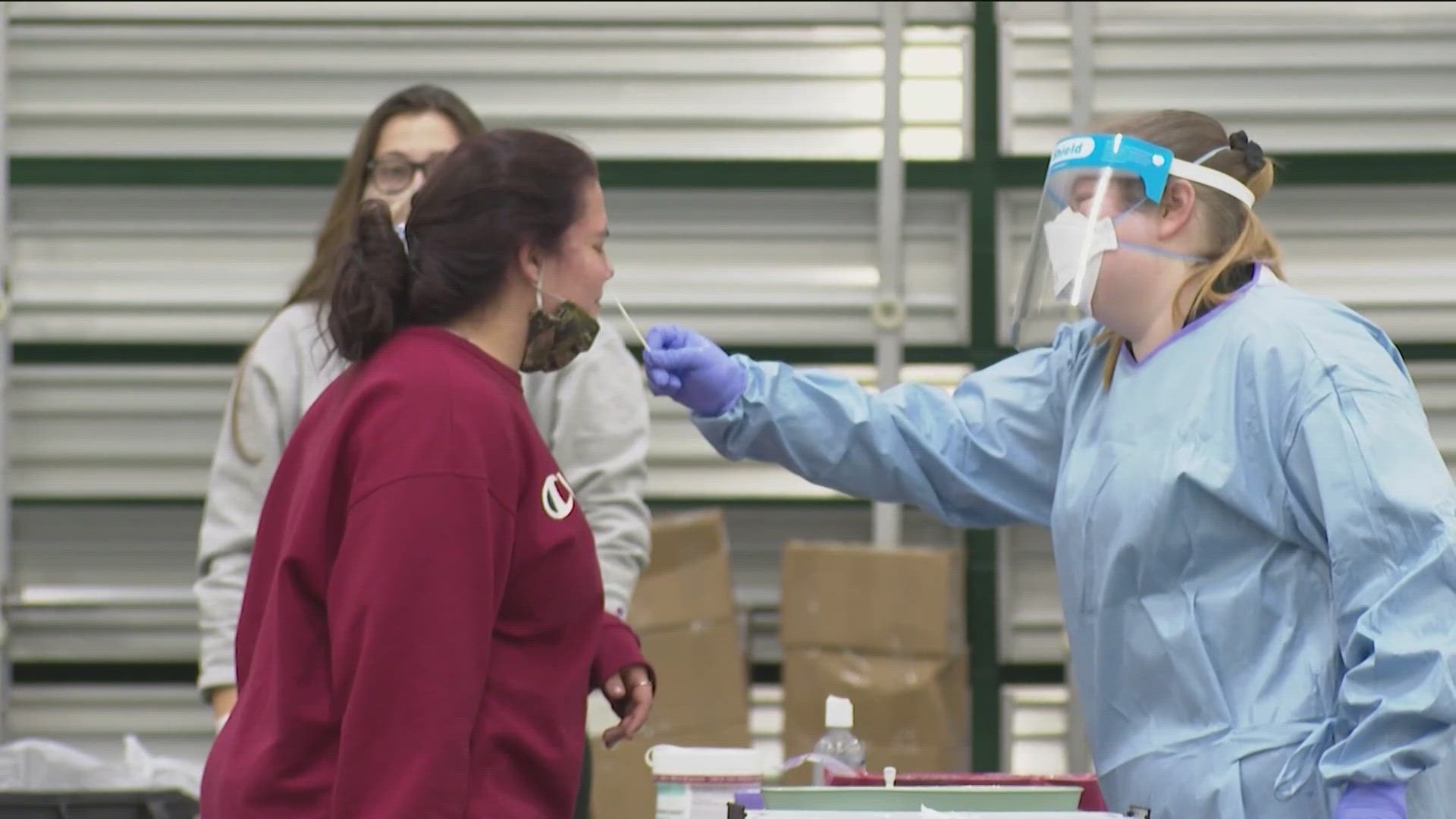ST PAUL, Minn. — The Minnesota Department of Health (MDH) says it has detected the first documented case of a COVID variant in the state known as B.1.351, first discovered in South Africa.
According to MDH, a 40-year-old Twin Cities resident first became ill on Jan. 24.
Although the person did not have any recent travel history at the time, he or she may have been infected by someone who traveled internationally.
The case was first sampled by a commercial lab on Jan. 29 (five days after the individual reportedly became ill), and was not properly identified through genome sequencing techniques until March 10 by the Centers for Disease Control.
This new case comes after the variant was already detected in 21 additional states, including neighboring Wisconsin.
MDH says the variant is thought to be more transmissible, meaning it can spread more easily, though it is unclear if it is more deadly.
Minnesota Commissioner of Health Jan Malcolm and other health experts continue to urge Minnesotans to double down on virus mitigation tactics like social distancing and mask wearing.
“The virus continues to mutate as all viruses do,” Commissioner Malcolm said. “That’s yet another reason why we want to limit COVID-19 transmission – the fewer people who get COVID-19, the fewer opportunities the virus has to mutate. The good news is that we can slow that process by wearing masks, keeping social distance, staying home when sick, and getting tested when appropriate.”
MDH clarified that while there was a gap of time between the patient's initial infection and the proper classification of the B.1.351 variant, the individual was nonetheless originally encouraged to self isolate as per the usual protocol.
State Epidemiologist Dr. Ruth Lynfiled advises Minnesotans that while this particular case did not have any recent travel history, traveling is in and of itself a risky behavior during the pandemic that can increase the chances of spreading the coronavirus and its unwanted mutations further abroad.
“It’s important to limit travel during a pandemic as much as possible and if you must travel, it is important to follow public health guidance on getting tested prior to travel, using careful protective measures during travel, and quarantining and getting tested after travel,” she said.
And, if you must travel, the MDH points Minnesotans to the CDC's travel guidelines.



